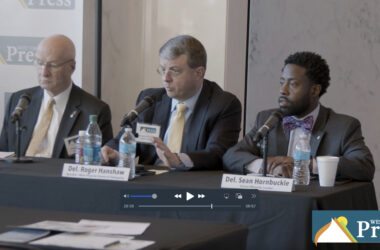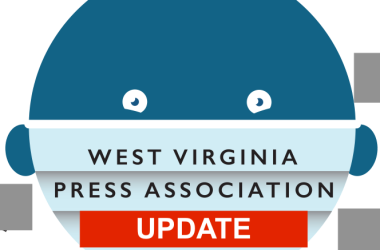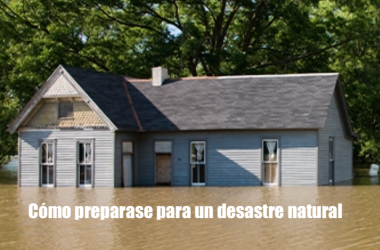WHEELING, W.Va. — West Virginia leaders who may be considering a “just say no” approach to the U.S. Environmental Protection Agency’s Clean Power Plan may risk putting responsibility for complying with the rule squarely on power plant operators, an environmental regulatory expert told a gathering of natural gas industry professionals in Wheeling on Tuesday.
Any state that simply ignores the rule in hopes it will fall to legal challenges or be rescinded under a new administration – an option some states are weighing as a response to the EPA’s new carbon emissions mandate – would fall under a federal compliance plan that won’t be finalized until next summer, said Steve Miller, a Louisville, Ky.-based lawyer with the Steptoe & Johnson law firm, during the West Virginia Oil and Natural Gas Association’s fall meeting at Oglebay Park.
The Clean Power Plan sets individual benchmarks for emissions reduction for individual states they must craft a plan to achieve by 2030, but the federal plan would apply directly to the electricity generating units themselves, opening power plants to penalties for non-compliance, according to Miller.
Article Photos
Photo by Ian Hicks
Steve Miller, an environmental regulatory lawyer with Steptoe & Johnson, addresses the West Virginia Oil and Natural Gas Association regarding the federal Clean Power Plan during the group’s fall meeting at Oglebay Park.
“Things are going to happen quickly if a state does not file a federal plan. We’re not talking about years, but a number of months,” he said.
West Virginia Gov. Earl Ray Tomblin has not indicated whether the state will file a compliance plan – or seek a two-year extension to file one – by September 2016 as the Clean Power Plan requires. Moreover, Tomblin signed a measure into law earlier this year giving the Republican-controlled legislature final say over any state plan.
The federal plan offers fewer options and doesn’t include a “safety valve” that allows states to petition for immediate, short-term relief if they can demonstrate that grid reliability is in jeopardy, according to Miller.
And because the federal plan won’t be finalized until next summer, states won’t know exactly what they’d be facing if they choose to ignore the rule until a couple months before the September 2016 deadline for initial submissions.
“There is some significant control you give up under the federal plan rather than maintaining state control over your plan,” he said.
However, Miller said applying for a two-year extension – giving states until September 2018 to file final compliance plans – would allow a state to see how litigation and the 2016 election play out without becoming subject to the federal plan.
Miller said states like West Virginia that plan to challenge the Clean Power Plan have several avenues by which to do so. He sees as one of the more intriguing options a provision in the federal Clean Air Act that states can be exempt from regulations if they can demonstrate those rules force the retirement of generating capacity before the end of its useful life.
To read more from The Intelligencer/Wheeling News-Register, subscribe here.





